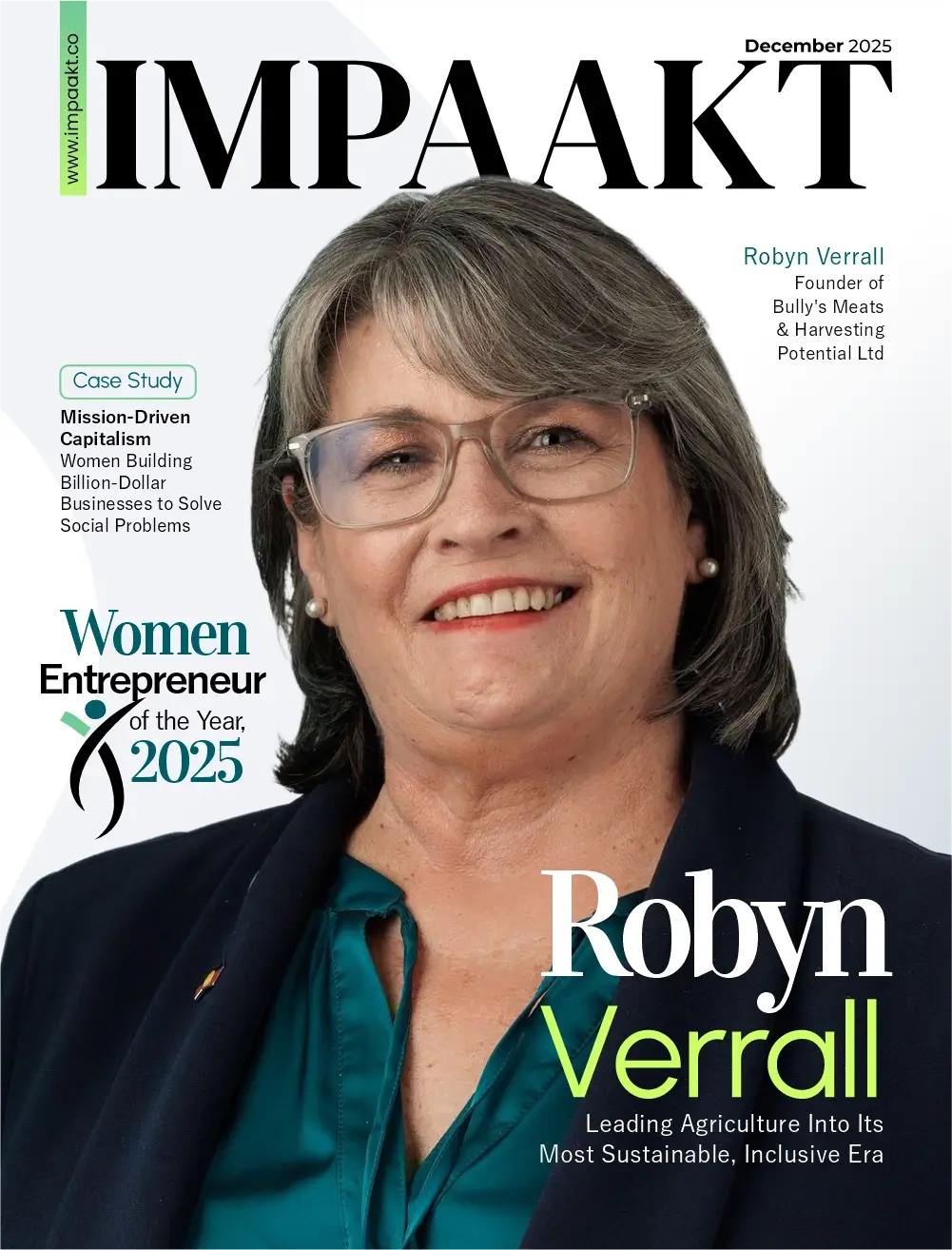Mental healthcare has always been a guessing game—until one woman decided it shouldn’t be. In an industry notorious for trial-and-error approaches, delayed appointments, and one-size-fits-all solutions, the statistics are damning. Millions seek help but don’t know where to turn. Those who do often wait months for treatment, only to discover it’s not the right fit. The cost—both human and financial—is staggering. But what if technology could eliminate the guesswork? What if AI could match people to the right care, faster?
That’s exactly what April Koh is enabling. April is the youngest woman running a multibillion-dollar company and the force behind Spring Health, a $3.3 billion mental health platform that’s disrupting an entire industry.
From Dorm Room to Boardroom
April Koh conceived the idea for Spring Health while an undergraduate at Yale University, after witnessing challenges in accessing timely mental health care. It wasn’t an academic exercise. Koh watched friends struggle to find help during some of their darkest moments. The system was broken, and she couldn’t unsee it.
In 2016, at just 24 years old, Koh co-founded Spring Health with Adam Chekroud, a Yale PhD researcher. What started as a college project quickly evolved into something far more ambitious: a precision mental health platform powered by artificial intelligence and machine learning. While other digital health companies focused merely on faster access, Koh aimed for something revolutionary—personalized, data-driven mental healthcare that actually works.
The Spring Health concept earned Koh and Chekroud the $25,000 Thorne Prize for Social Innovation in Health or Education in 2016. It was validation, but just the beginning.
Building the Business Case for Mental Health
Koh didn’t just build a product—she built a business model that makes mental health impossible for enterprises to ignore. Spring Health operates as a comprehensive benefit for employers, a strategic decision that transformed mental healthcare from a nice-to-have into a mission-critical business solution.
The approach is elegant: use AI to assess individual needs, then match employees to the right care from a network of providers—whether that’s therapy, coaching, medication management, or digital tools. No more waiting. No more wrong fits. Just outcomes.
Today, Spring Health has made mental healthcare accessible to over 5 million people across more than 200 countries through Fortune 500 and tech customers such as Microsoft, The Hershey Company, BlackRock, Whole Foods, and General Mills. These aren’t small pilots. These are enterprise-wide implementations affecting millions of employees globally.
The numbers speak for themselves. A $100 million Series E funding round valued Spring Health at $3.3 billion. In less than a decade, Koh transformed a dorm room idea into a unicorn company—and she did it in one of the most complex, regulated industries imaginable.
The Leadership Philosophy: Mission Meets Market
What sets Koh apart isn’t just her technical acumen or business savvy—it’s her unwavering belief that great businesses solve real problems. She’s not building a mental health company that happens to be profitable. She’s building a profitable company because mental health matters.
“We need to do a better job of managing mental healthcare, and we need to do it now more than ever,” Koh has stated. “Every year, millions of people need help but don’t know where to go, are concerned about the stigma, or can’t afford the cost.”
This isn’t rhetoric. It’s a business strategy rooted in eliminating barriers at scale. Koh understands that to change mental healthcare, you must change how it’s funded, accessed, and delivered. That means working with employers, insurers, and healthcare systems—the players who can drive systemic change.
Her approach to leadership evolved further when she became a parent. Rather than stepping back, motherhood reinforced her mission. She speaks openly about how personal experience sharpens professional purpose—a reminder that the best leaders don’t separate their humanity from their work.
Innovation as Infrastructure
Koh’s vision extends beyond Spring Health’s current success. She believes mental healthcare will look radically different in the next five to ten years, and she’s building the infrastructure to make that future possible. The platform continuously learns and improves, using data to refine matching algorithms and treatment effectiveness.
This is precision mental health—moving from reactive care to predictive, preventive interventions. It’s mental healthcare that anticipates needs before crises emerge, that connects people to support before they’re in free fall.
What Comes Next
At an age when many professionals are still establishing themselves, April Koh has already transformed an industry. But she’s not done. Her aspiration is captured in one clear mission: eliminate every barrier to mental health.
It’s an audacious goal, and it requires audacious thinking. It means tackling stigma, access, affordability, and efficacy simultaneously. It means building technology that serves humanity, not the other way around. It means proving that mental health isn’t just a moral imperative—it’s a business imperative.
For enterprises watching the mental health space, Koh offers a blueprint: invest in solutions that work, measure outcomes rigorously, and never underestimate what’s possible when technology meets genuine human need.
April Koh started in a dorm room with a problem she couldn’t ignore. Today, she leads a global platform serving millions. Tomorrow? She’s rewriting what mental healthcare can be—and proving that the best innovations happen when brilliant minds refuse to accept broken systems.











